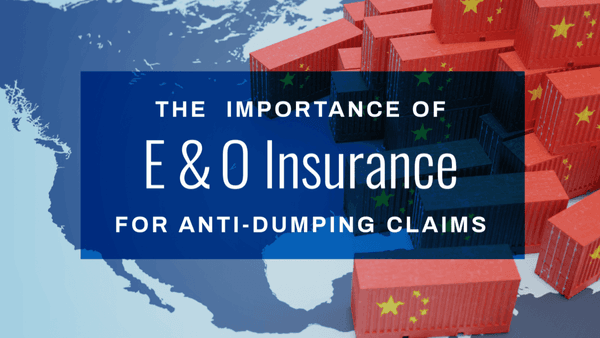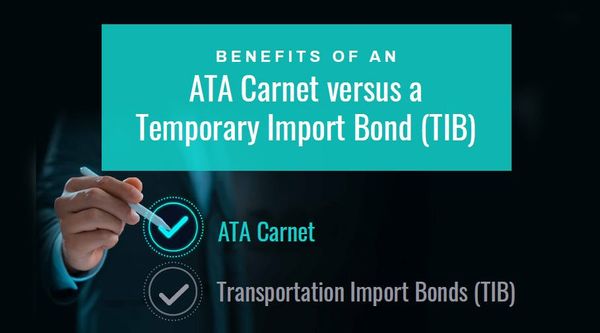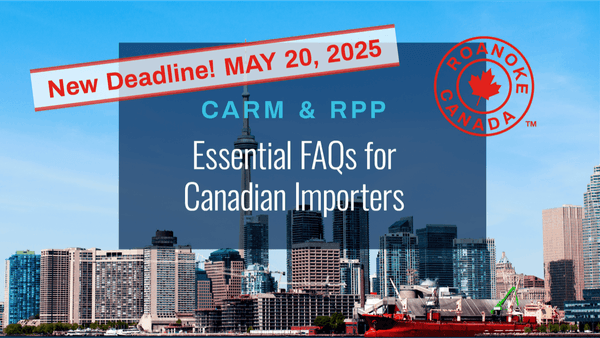Resource Center
What Is a Hold Harmless Agreement?
What Is a Hold Harmless Agreement?
A hold harmless agreement is a legal contract in which one party agrees to indemnify and protect another party from certain liabilities, claims, or damages. This means that when you sign a hold harmless agreement, you assume responsibility for any injury, damage, or loss that may arise in connection with the contract—whether or not you were directly involved or at fault. Many businesses, especially in the transportation and logistics industry, encounter these agreements as a condition of doing business with clients, vendors, or partners.
Understanding the Risks of Signing a Hold Harmless Agreement
Hold harmless agreements are common, but they come with significant risks. By signing, you agree to:
- Take responsibility for claims made against the other party, even if you weren’t negligent.
- Assume an unlimited amount of liability, which could result in substantial financial exposure.
- Cover claims related to the contract, even if they have no direct connection to your actions.
Additionally, unless you submit the contract to your insurer, and underwriters at the insurer specifically agree to coverage terms meeting the hold harmless agreement terms, your policy may not provide protection for your contractual obligations.
Example of a Hold Harmless Clause
To illustrate the impact of these agreements, here is a sample hold harmless clause:
“To the fullest extent permitted by law, the vendor agrees to defend, indemnify, and hold harmless the entity, its elected and appointed officials, employees, and volunteers, as well as others working on behalf of the entity, against any and all claims, demands, suits, or losses—including all costs connected therewith. This includes any damages asserted due to personal injury, bodily injury, death, or property damage that arises out of or is associated with this contract.”
In simpler terms, this clause means you assume full responsibility for any claims made against the other party due to the contract’s existence—whether or not you were involved.
What Should You Do Before Signing a Hold Harmless Agreement?
Before signing a hold harmless agreement, consider the following steps:
- Consult a legal professional – A lawyer can review the contract to identify potential liabilities.
- Discuss with your insurance broker – Not all liability policies cover contractual obligations, so confirm whether your existing coverage applies.
- Assess the risks – Determine if the agreement aligns with your business’s risk tolerance and insurance coverage.
How Roanoke Can Help
At Roanoke, we specialize in risk management and insurance solutions for transportation and logistics providers. Within our suite of specialty services is our Trade Risk ReviewTM program. Our team of insurance experts can help you evaluate hold harmless agreements, understand their impact on your business, and ensure you have the right coverage in place.
Need guidance? Contact us at 1-800-ROANOKE (800-762-6653) for expert advice.















